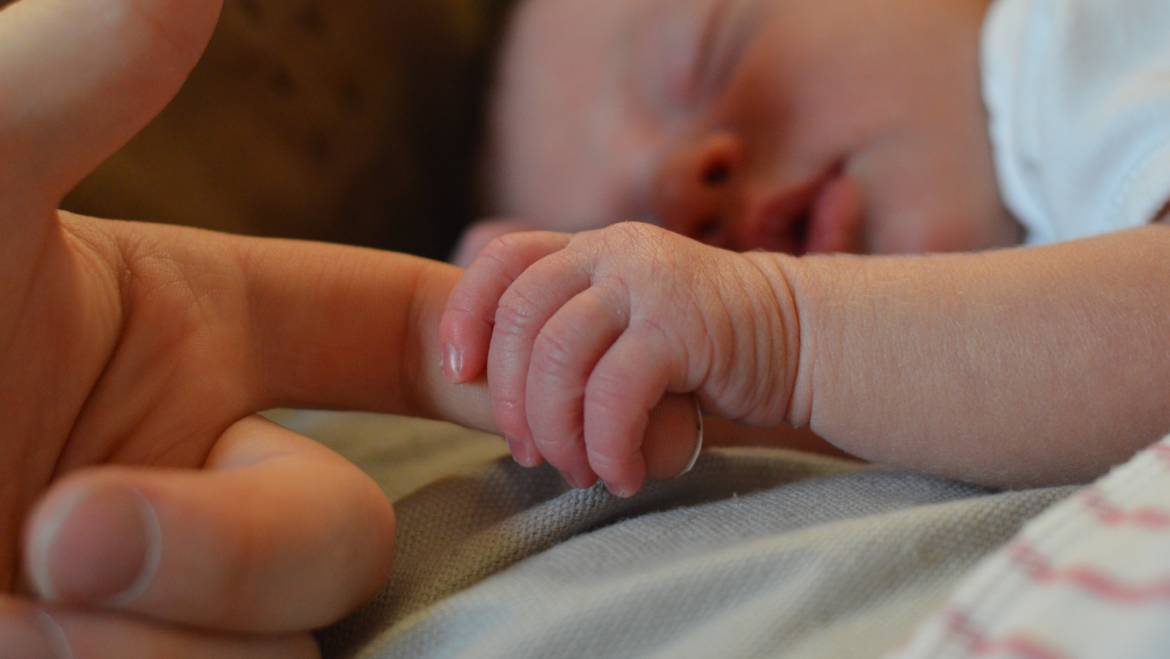I was glad he was there.
John Maddox must have been sitting on that same stool for over two hours. I had spoken with him a few times and offered him a cup of coffee and a more comfortable chair. Each time he had declined, content to stay where he was, content to continue his vigil.
John was in his late forties – a big, muscular man with a neatly trimmed moustache. He sat quietly, calmly, with his huge outstretched hand gently cradling that of the frail, elderly woman lying beside him on the stretcher of room 3. She was confused, disconnected, looking blankly about the ER with the all-too-familiar hollow stare of a patient with advanced Alzheimer’s.
She was his mother.
I kept coming back to John, checking on him, letting him know of our progress in getting a bed for her upstairs, seeing if they needed anything. I was impressed by his obvious commitment to this woman, and by his acceptance of her condition. But more than anything, I appreciated the fact that he was here, with her.
Unfortunately, this is not the rule. It’s the exception. All too often, family members will bring an elderly parent, aunt, or uncle to the emergency department and leave them. There may be a terse message of “You need to put her in the hospital. We can’t take care of her anymore.” Sometimes we don’t even get that.
There’s no hand-holding here, no gentle stroking of a tired, worn brow. In fact, there is frequently no acknowledgement that their loved one even exists. This is simply a burden that needs to be disposed of a quickly as possible. There are more important things to do, lives to get on with, places to be.
What’s gone wrong? Or is this the way it’s always been and the way it’s supposed to be?
I don’t believe that’s the case. It seems we’ve forgotten that life is a continuum, a circle – inexorably moving. We may not want to think about it, but it’s true just the same. We are all part of this circle, each of us somewhere on the continuum. It occurs to me that all those metaphors likening us to “blades of grass” and “flowers that bloom but a day” are true. Certainly “the child is father of the man” describes our mortal condition.
But one thing perplexes me. At one extreme of life, during our infancy, we are totally dependent on others for our very survival. We must be fed, bathed, have our clothes changed. We are not able to walk or maybe even crawl, and must be carried from place to place. We aren’t able to talk or effectively communicate, except with crying or other noxious noises. And yet, this helpless creature is loved and fondled, adored and pampered.
But when we reach the other extreme of life, haven’t we returned to that same condition? We might not be able to walk or speak, and we need to be cared for, fed, bathed, and dressed. We have once again become dependent on someone else. We have once again become a helpless creature.
Is this somehow unnatural? An aberration? An unwanted and feared glitch on this circle of our lives?
And what about the need of this helpless being to be loved and fondled, adored and pampered?
John Maddox knew the answer to this question. He didn’t need to speak it – he lived it.
I watched as he continued to sit quietly and hold his mother’s hand.
And I was glad he was there.


4 Comments
Oh what memories this has stirred in me of my own dear mother who we cared for in our home for 4 years until she passed in our Master Bedroom that we had given her. The circle of care is profound to me. How was it even possible that I had become HER mother with her my child? I actually wrote a poem to this thought called “My Mother, My Child”. Thank-you for publishing such thoughtful thoughts on this subject!
Thank you for sharing.
What neat, touching story.
Thank you.
Add Comment